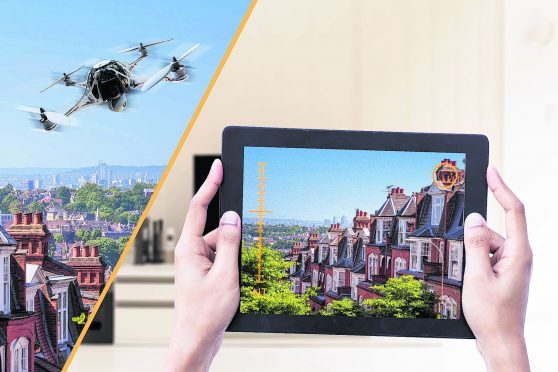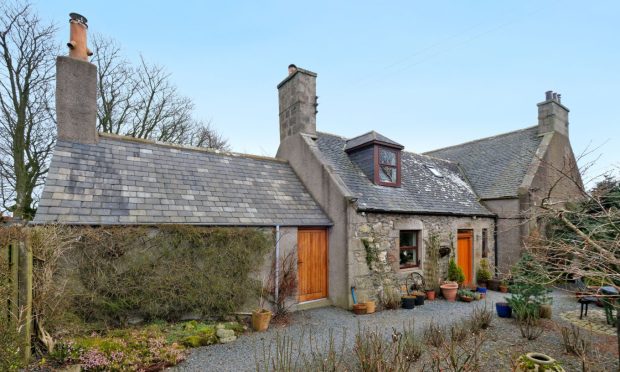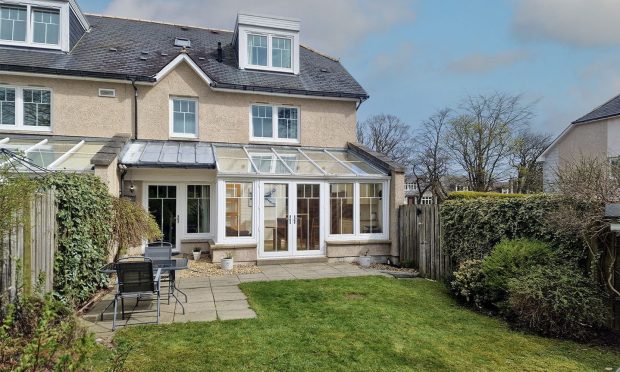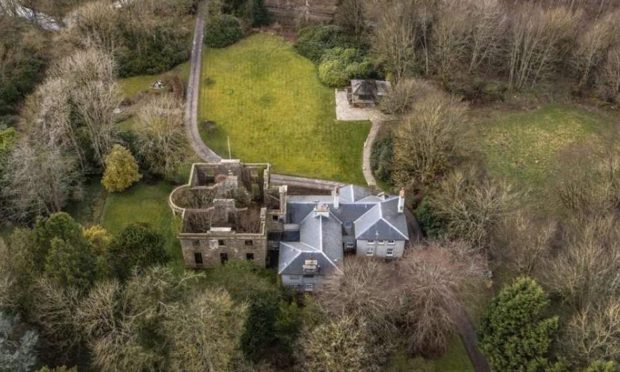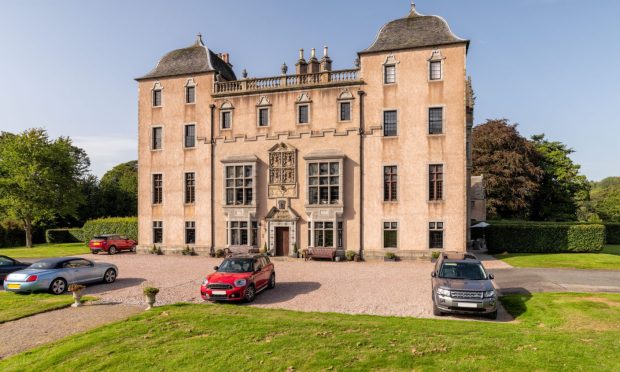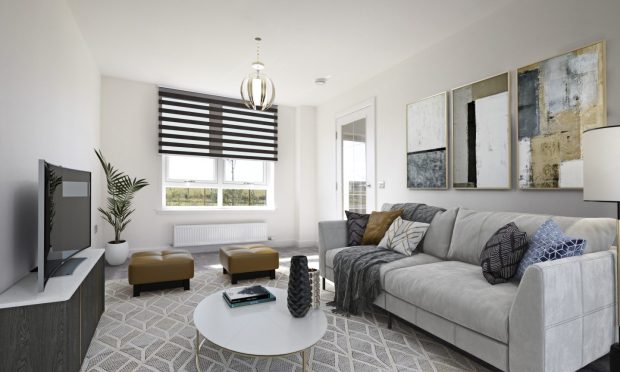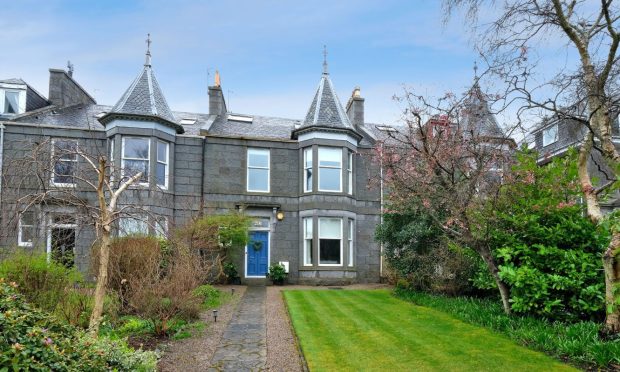It may sound like something movie makers dream up but it could be that in less than 10 years homebuyers will opt to view potential properties remotely using virtual reality devices and check out potential neighbourhoods using their own personal drones, a recent report has revealed.
Trends analysts The Future Laboratory said the idea of actually physically visiting properties while house-hunting will be less and less common by the 2020s.
Instead, there will be multi-brand 3D virtual reality cafes where buyers will be able to explore new off-plan homes for sale as if they were really inside them.
And by 2025, ‘haptic’ technology will even allow a home buyer to feel and even smell the inside of a property without leaving the showroom or the comfort of their own home, according to the report commissioned by leading national estate agency easyProperty.
Meanwhile, most Britons will own a personal drone with which home buyers will be able to see what the neighbours are like, how busy nearby roads are and other information not otherwise easily available.
Rob Ellice, CEO of easyProperty, said: “Many of the future technologies predicted in the report already exist in other sectors, albeit at nascent stage. A small number of buyers are taking virtual tours of luxury homes but it will not be long until these tours will move into the mainstream property market, partly driven by the internalisation of the industry.
“Seamlessly integrating our digital and physical worlds, virtual reality tours will count as a first viewing, as people are usually going to physically do the second viewing, but this helps to better qualify them and speed up the sales process.”
Global trend analysts The Future Laboratory consulted a panel of property and technology experts to look at how the UK’s property sector will change from 2020 and beyond as new technologies radically reshape home selling and buying.
Andrew Gardiner, one of the report’s contributors, said the virtual or augmented reality viewings will be one of the most significant transformations.
He said: “Buyers will be able to stage an incredibly realistic virtual tour that will feel just like walking through the real thing. The experience will be so convincing that buyers may feel confident enough to make an offer on the spot without ever visiting the property.”
Expert Matt Ratcliffe, co-founder of VR software development studio Masters of Pie, said: “For estate agencies, Virtual Reality (VR) will be a no-brainer because it will let people feel like they are actually in a space, exploring it, and building up a relationship with it.”
The report also predicts that the arrival of VR to the mass market will soon allow home buyers to see how the property they are viewing will look with their own furniture in it, or with their choice of paint or wallpaper.
They will even be able to virtually redesign and DIY any property they are viewing using Heads Up Display (HUD) glasses, and even enable interactive chats with the builder via hologram.
Futurist William Higham said: “By voice or eye command, you will be able to instruct the glasses to virtually redecorate a room in your preferred colours, remove the seller’s furnishings and replace them with your own. Augmented Reality technology within the glasses will show you how your virtually refitted room will look, giving you a much clearer idea of how the house might look if you lived there.”
Mr Ellice said the emergence of new technologies will shake up estate agents as thoroughly as Uber has affected the taxi and private hire sector in cities across the globe.
He said: “This ‘Uber’ moment is fast approaching, a newly emerging prop-tech sector is driving innovation at an astounding rate in a market that has been, until now, slow to innovate.
“Incorporating these exciting tech advances will enhance the business of buying, selling and letting houses, but also radically improve the customer experience.”
